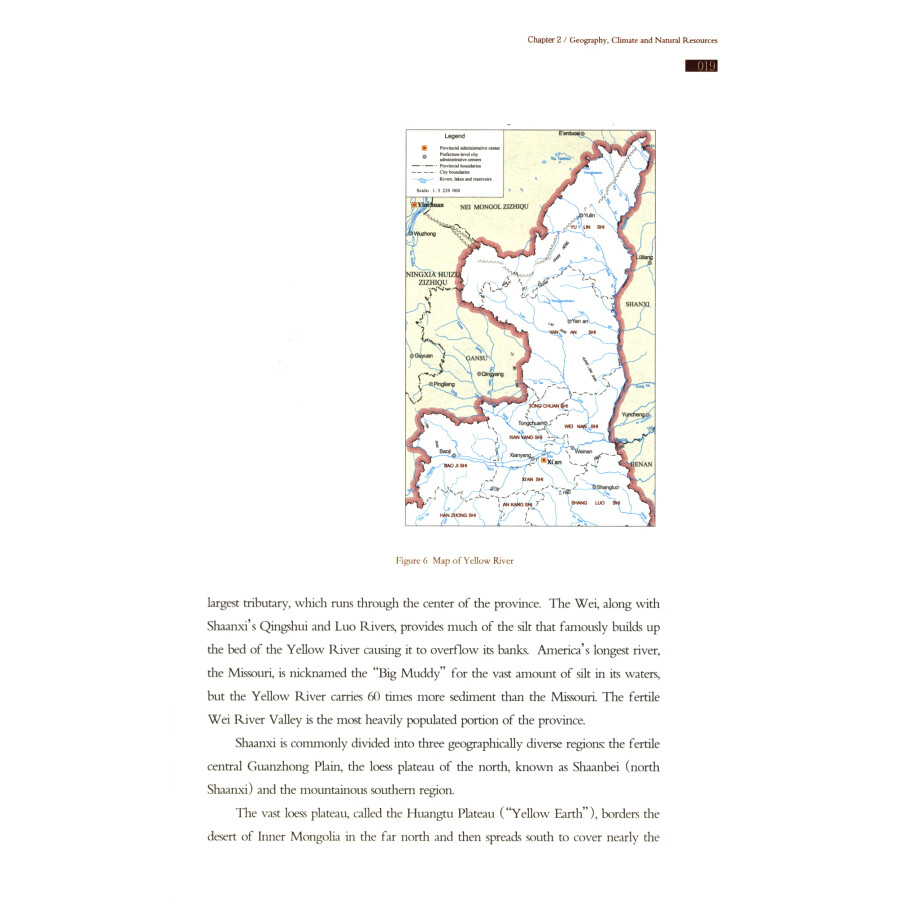Sample Pages Preview



 Preface
Preface
Western education is changing, but it has a record of marginalizing Asian history. This is particularly true in America This phenomenon is due in part to the Euro-centric nature of Westerners, a condition that is natural for Americans since many have ancestral roots in Europe; this unfamiliarity was also a result of the lack of contact between America and China before the modern era of the 19th century. The Chinese also bear responsibility for their isolation Interaction between China and the West was minimal from the late Ming to the early Qing apart from a few notable Jesuit missionaries Admiral Zheng He (1371-c, 1433), an official of the Ming court, traveled as far as Eastern Africa on behalf of the emperor to explore new regions and meet with foreign leaders But upon the death of his benefactor Emperor Yongle(1360-1424), the voyages of Admiral Zheng were abruptly terminated by the conservative Ming court Emperor Qianlong (1711-1799) of the Qing famously rejected Lord George Macartney's (1737-1806) request for more trade in a letter stating "...As your Ambassador can see for himself, we possess all things I set no value on objects strange or ingenious, and have no use for your country's manufactures...". The West, of course, forced its way into China with disastrous consequences. What might have happened if England and China understood each other better? During most of the Mao era, there was also little interaction between China and the West until President Richard Nixon (1913-1994) first visited China in 1972. During the Cultural Revolution (1966-1967), for example, China had only one foreign embassy in Egypt. China and America demonized each other during this time. How would history have been different if Chairman Mao and some earlier American President (i.e.before President Richard Nixon) had interacted? When Deng Xiaoping (1904-1997) opened China to the world the country's economy exploded The result was that 400 million people were lifted out of poverty in the twenty years ending in 2005 according to the World Bank-a feat that was unprecedented in world history. This illustrates how building bridges to the outside world benefited the Chinese people.



